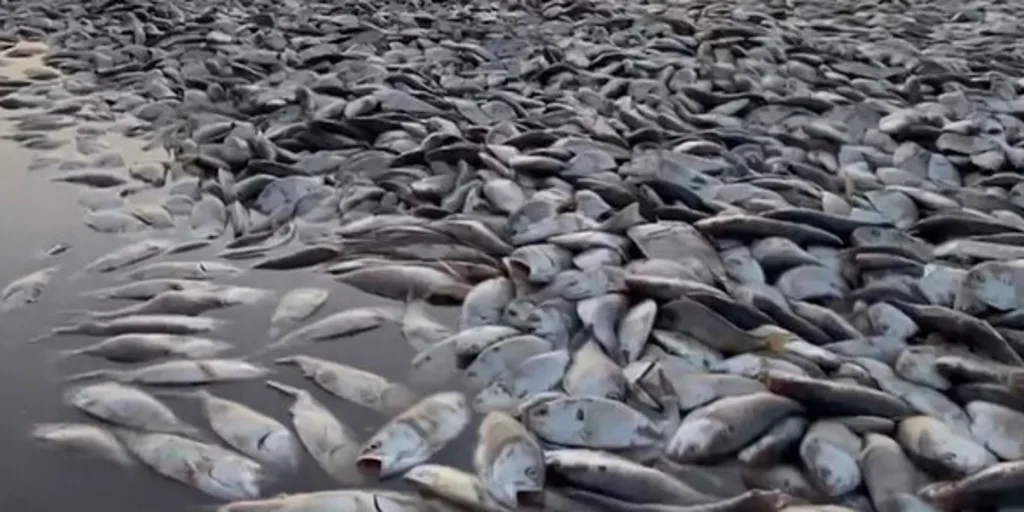About Us
Contact Us
Advertise With Us
Disclaimer
Privacy Policy
Terms & Conditions
Copyright © 2024 - BoldDiscussions.com

Imagine dipping your toe in the bathtub, only to find it scorching hot! That's kind of what's happening to our oceans right now. Over the past year, they've reached record-breaking temperatures, the hottest ever measured.
This isn't exactly surprising. We know global warming is heating things up, and the oceans are like giant heat sponges, soaking up most of the extra warmth. But the recent jump has been dramatic, way more than scientists expected from global warming alone. So, what's going on?
Think of a big pot of soup simmering on the stove. The longer you heat it, the hotter it gets, right? That's basically what's happening with the oceans and global warming. Year after year, they're absorbing more and more heat. This explains the gradual rise in temperature, but it doesn't explain the recent spike.
The ocean has its own climate patterns, like El Niño. This "El Nino dude" is like a switch that flips the temperature in the Pacific Ocean. When El Niño is on, warmer water rises to the surface, making things toasty. Last year, El Niño decided to crank up the heat, contributing to the record temperatures.
The ocean is a complex system with many moving parts. Other natural cycles, like the Indian Ocean Dipole and the North Atlantic Oscillation, might also be influencing the temperature.
Here's a surprising twist. We've been working hard to reduce air pollution from ships. This is great for our lungs, but it might have an unintended consequence. These pollutants actually act like tiny umbrellas, reflecting some sunlight away from Earth. With fewer umbrellas, more of the sun's heat reaches the ocean, potentially contributing to the warming.
Maybe it's partly bad luck. Chaotic weather patterns can sometimes reduce cloud cover, letting in more sun and heat. Or, they might weaken winds that normally help cool the water by causing evaporation.
A hot tub might sound nice, but a hot ocean is a big problem for sea creatures. They have specific temperature ranges they like, and if the water gets too hot for too long, they either move or die. This can disrupt entire ecosystems, harming everything from fish and coral reefs to the fisheries and tourism industries that depend on them.
The good news is that the record temperatures likely won't last forever. Ocean temperatures might drop back down to a "new normal," which unfortunately is still much warmer than what we used to see. We might even enter a La Niña phase, which would bring slightly cooler water.
The bad news? Global warming isn't going anywhere. As long as we keep pumping greenhouse gases into the atmosphere, the oceans will continue to heat up. So, while this recent spike might cool down, another one is probably on the horizon.
Disclaimer.
This article provides information only and should not be construed as advice. It is provided without warranty of any kind. Also please note that content on this platform may be subject to copyrighted material. If you believe we have used your content in any way then please get in touch with us. We will take down your content immediately.
Share This Post





BOLDDISCUSSIONS
We Produce Content That informs, Educates And Entertains People Around The World to stay updated on every topic with confidence.
Copyright © 2024 – BoldDiscussions.com

